15:00 — 17:00 GMT
Signo
Joana Couto da Silva, Inês Silva & Ricardo Melo
Underlying all technology design are values, which may be more or less conspicuous in the designed artefact. In healthcare, digital technologies which collect and display patients’ data also holds a set of values. When these values—those of the design and knowledge, and those of patients—are not aligned, this may lead to a lack of representation, inclusiveness, or trust in the data. At Fraunhofer AICOS, we are experimenting on how we can design technology built on a shared set of values, and understand how these values are communicated. As such, in this workshop, we will ask you to choose and identify which values are present in the interaction between health professional, patient, and designed artefact, through the act of playing a card game set in the context of healthcare.
About Joana Couto da Silva
Joana Couto da Silva is a Design Researcher working in the Human-Centred Design group at Fraunhofer Portugal AICOS, with a BA in Communication Design (ESAD Matosinhos) and a specialization course in Interaction, Web and Game Design (FBAUP). Previously, she worked as a research fellow at INEGI and FEUP, seeking to design a series of eHealth short games for rehabilitation recovery. She is currently pursuing a MA in Image Design (FBAUP), aspiring to co-create design research materials that promote playful and embodied experiences as strategies to support participatory design around taboo topics.
About Inês Silva
Inês Silva is a researcher in Interaction Design at Fraunhofer Portugal AICOS in the Human-Centred Design department. She holds a Bachelor’s in Computer Engineering Sciences and a master’s in Multimedia, specializing in interactive technologies and digital games, both from the University of Porto. Previously, she worked as a class monitor at FEUP and served on the directorial board of the NCGM association at FEUP. Her main interest lies in involving users in the design process to ensure that products meet their real-world needs.
About Ricardo Melo
Ricardo Melo is a Senior Researcher on the Human-Centred Design team at Fraunhofer Portugal AICOS. He has led and collaborated in projects focused on user research methodologies, participatory design, and user-centred evaluation of technology in areas such as digital health and industry. At AICOS he also supervises M.Sc. students and gives training in user research methods, participatory design, and technology assessment.
 Fraunhofer Center for Assistive Information and Communication Solutions – AICOS
Fraunhofer Center for Assistive Information and Communication Solutions – AICOS

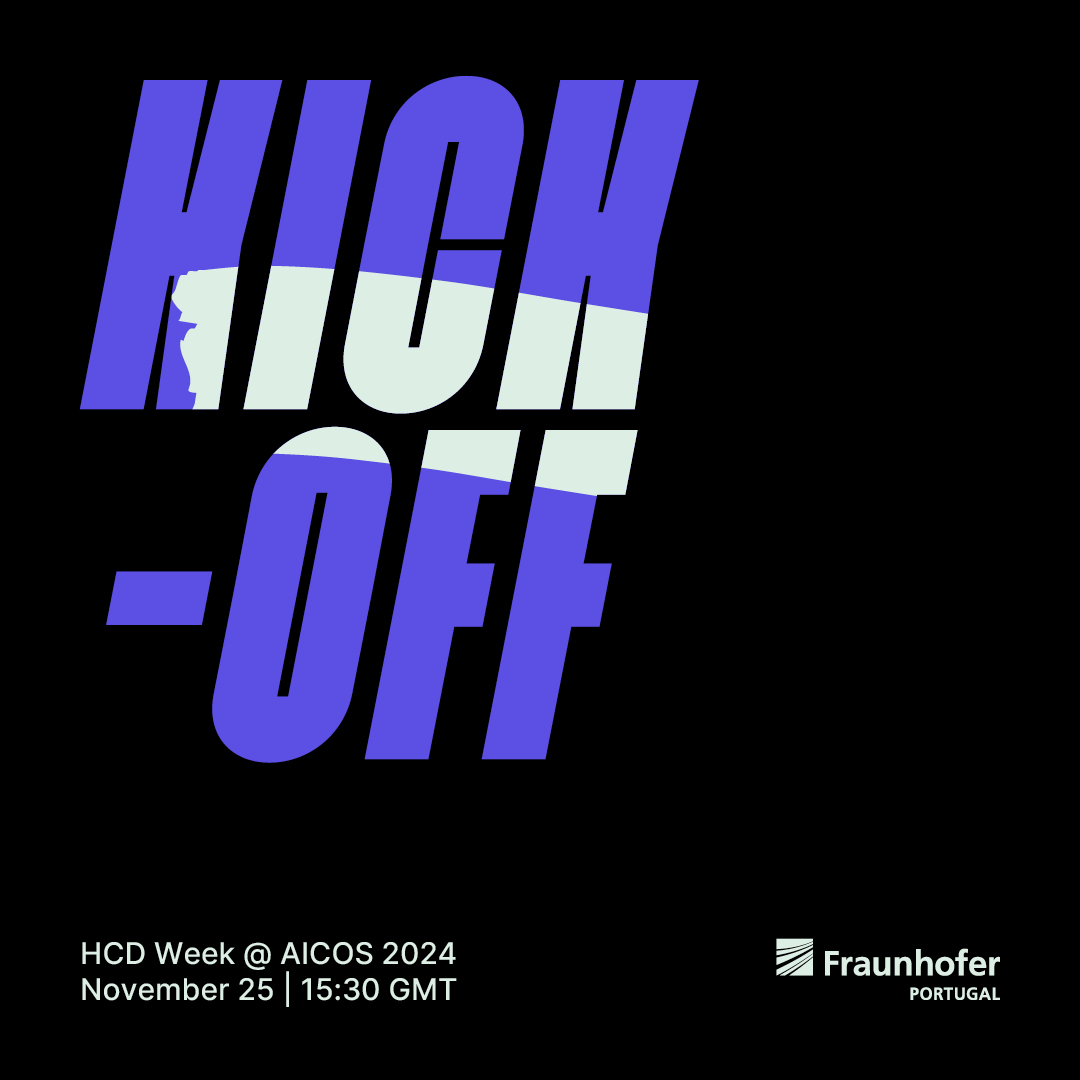
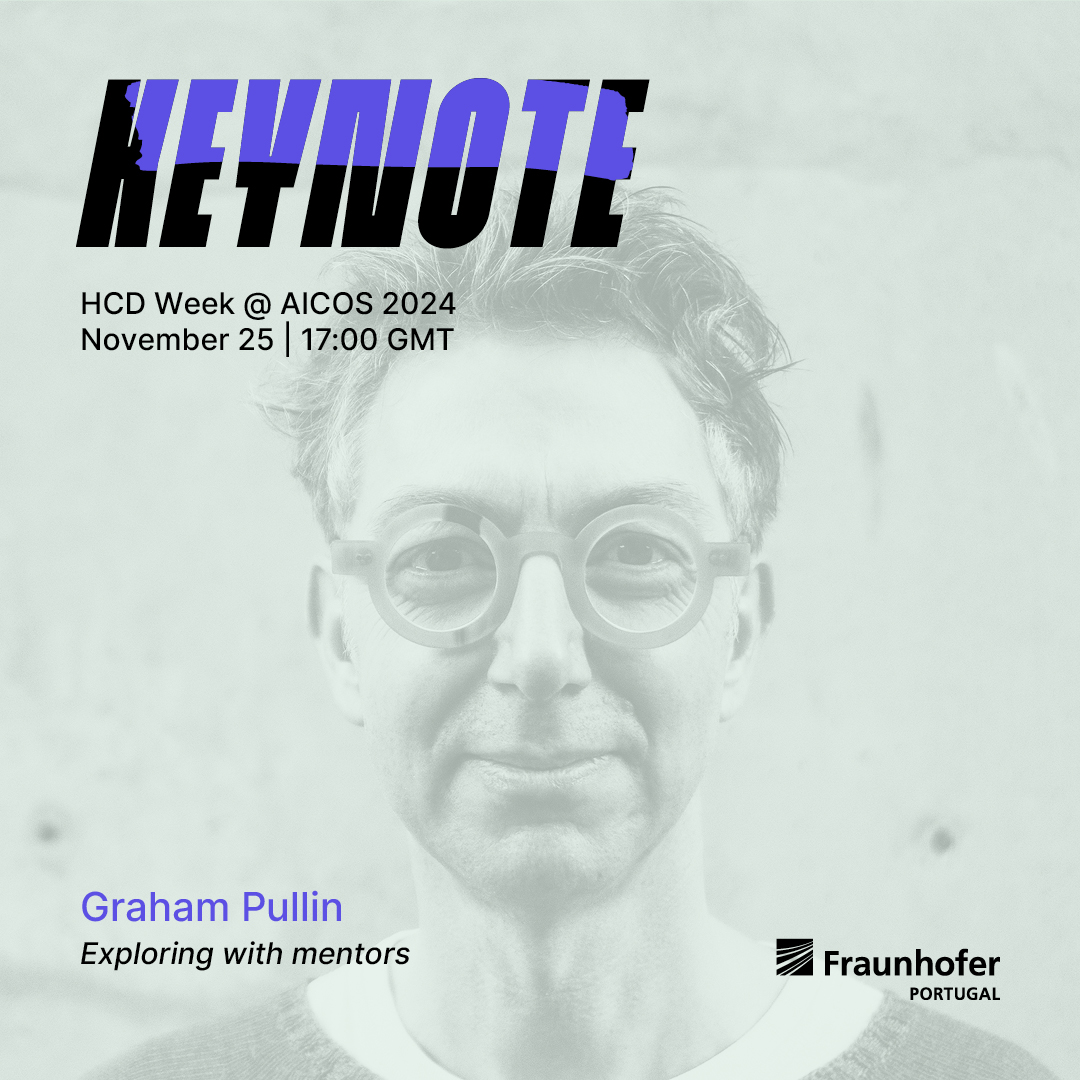
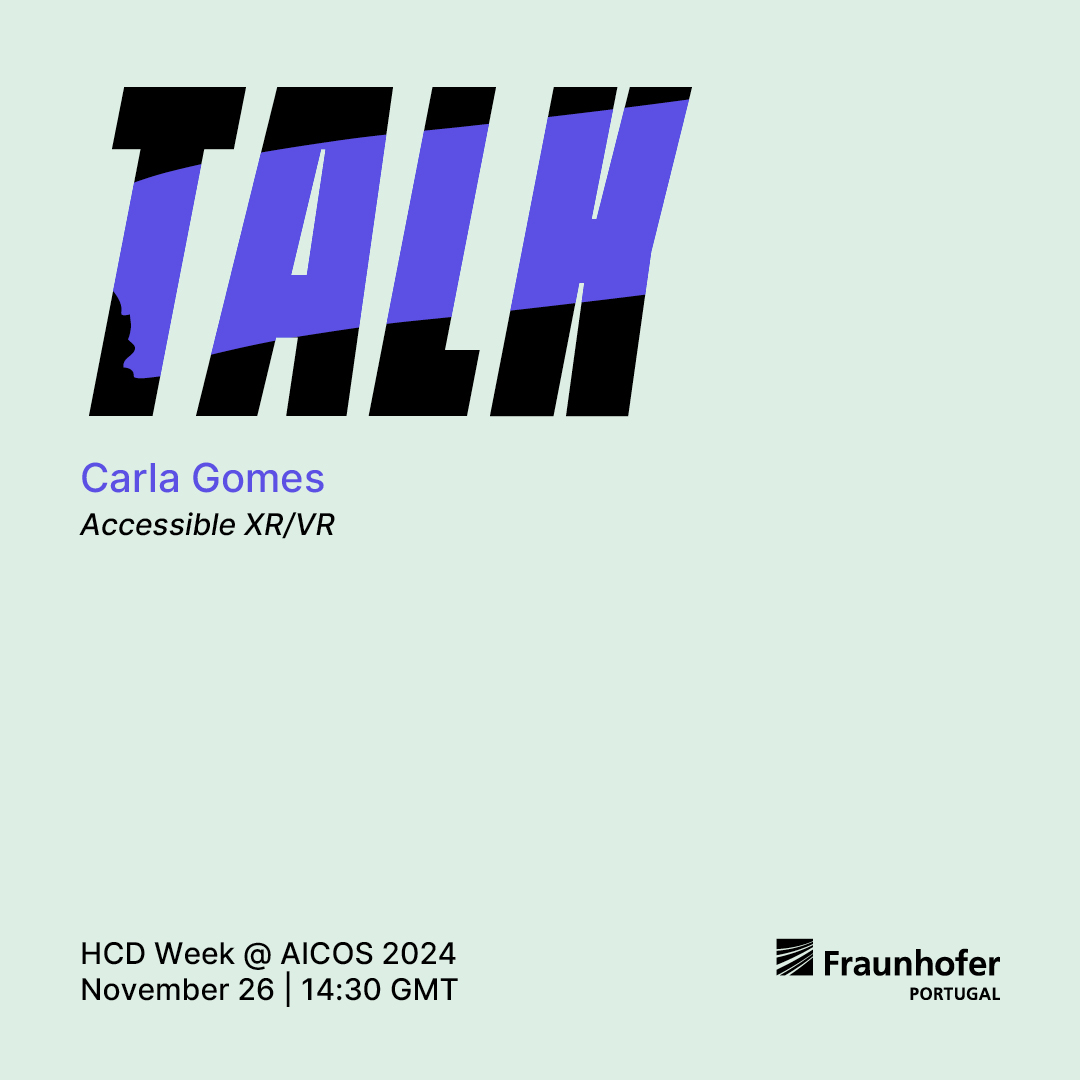

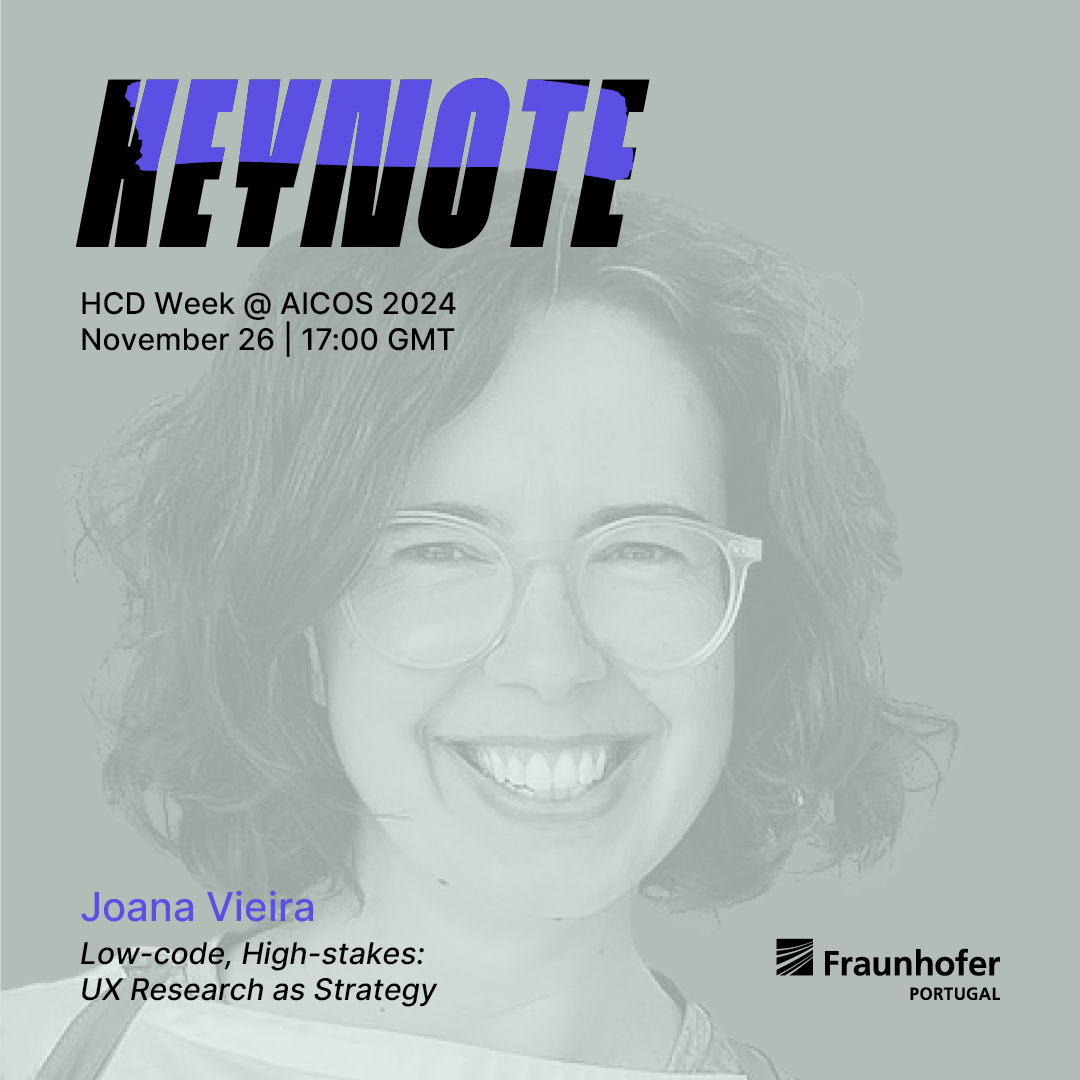
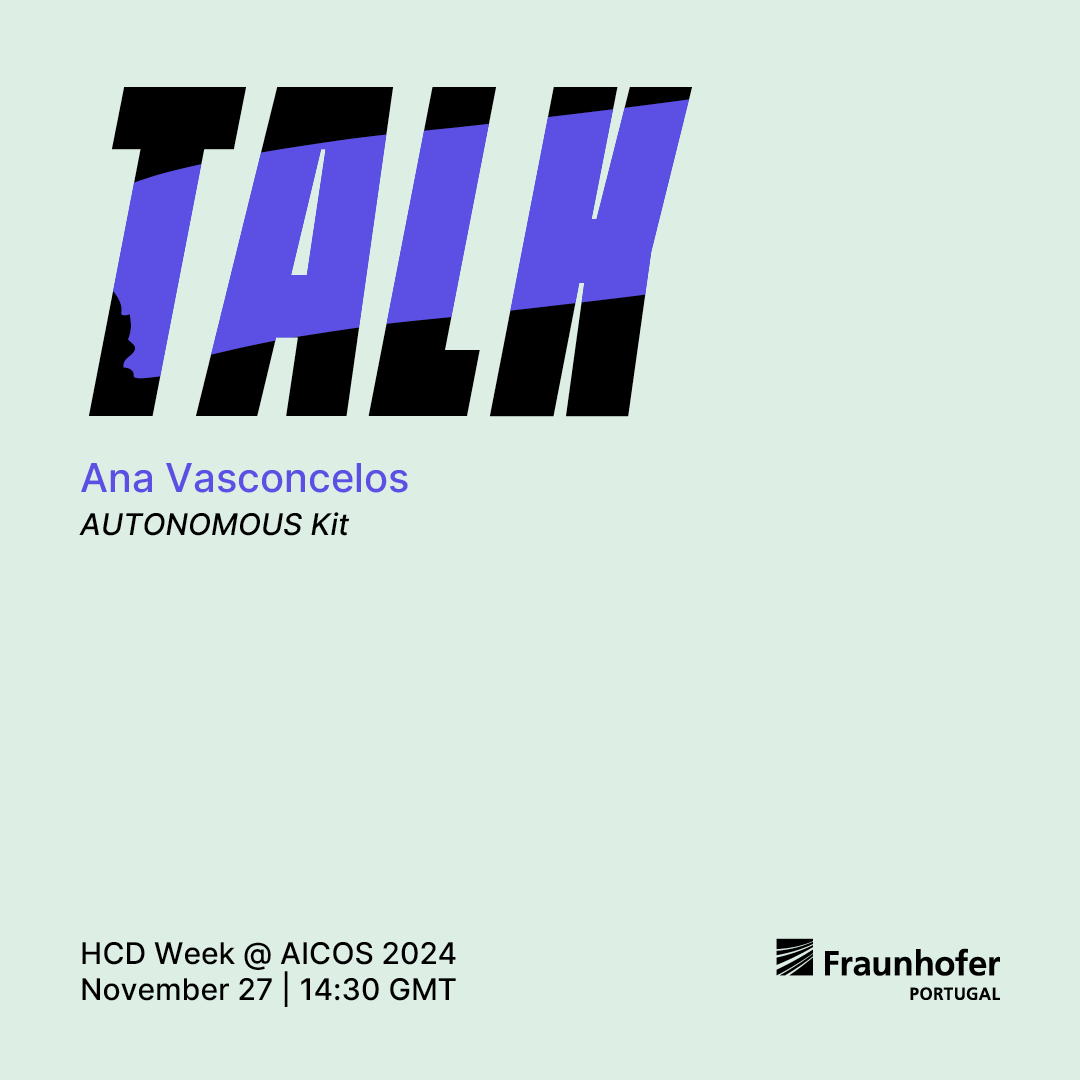

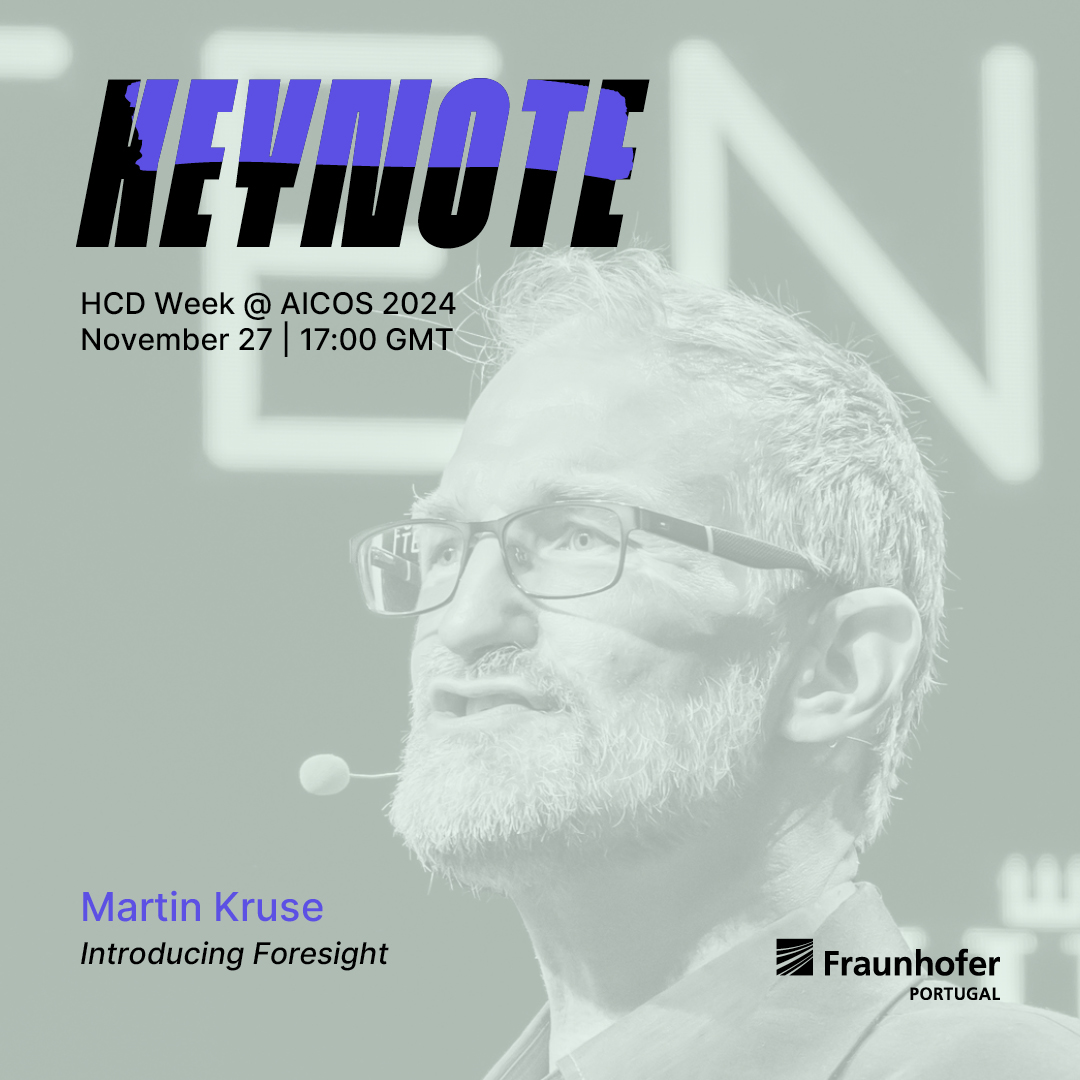
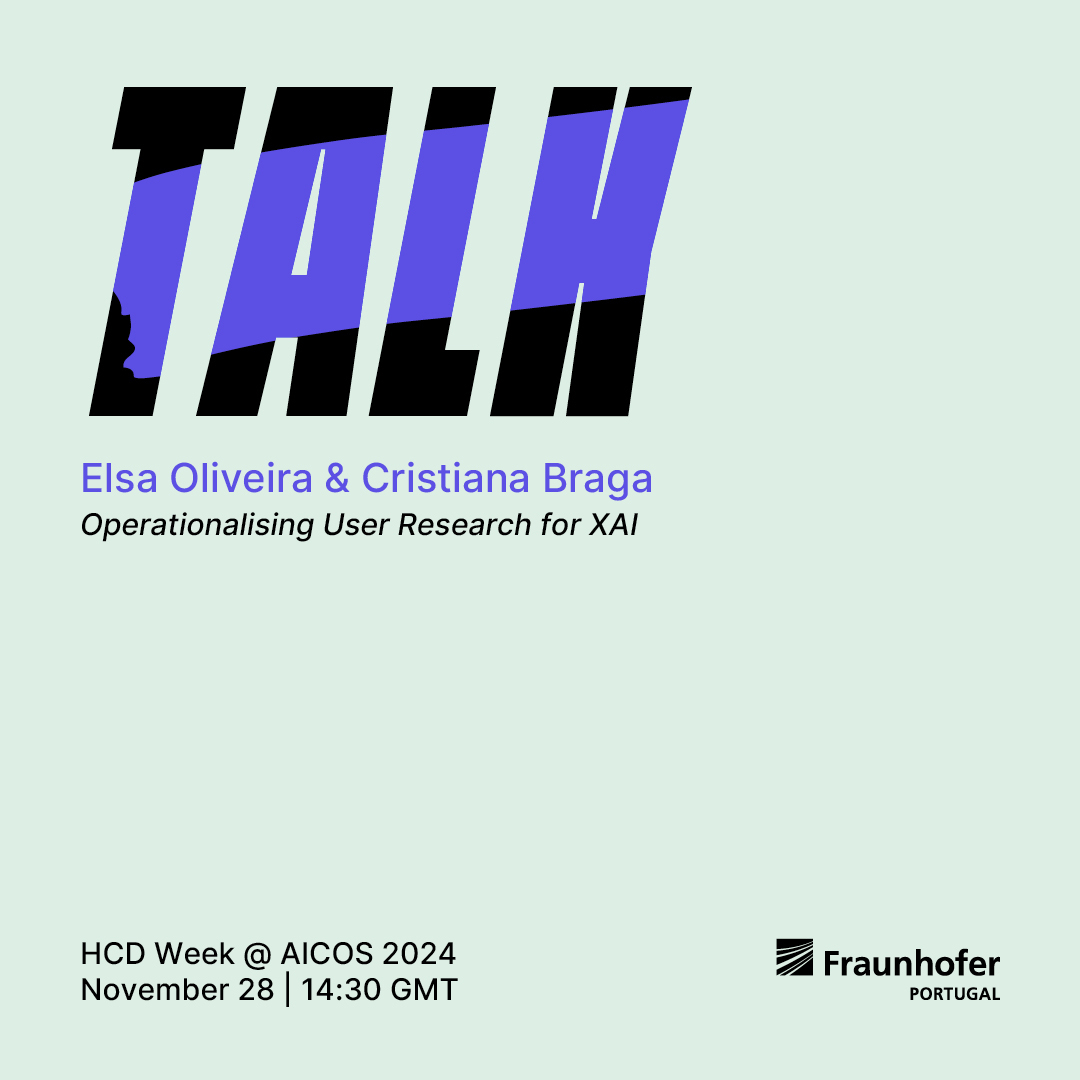


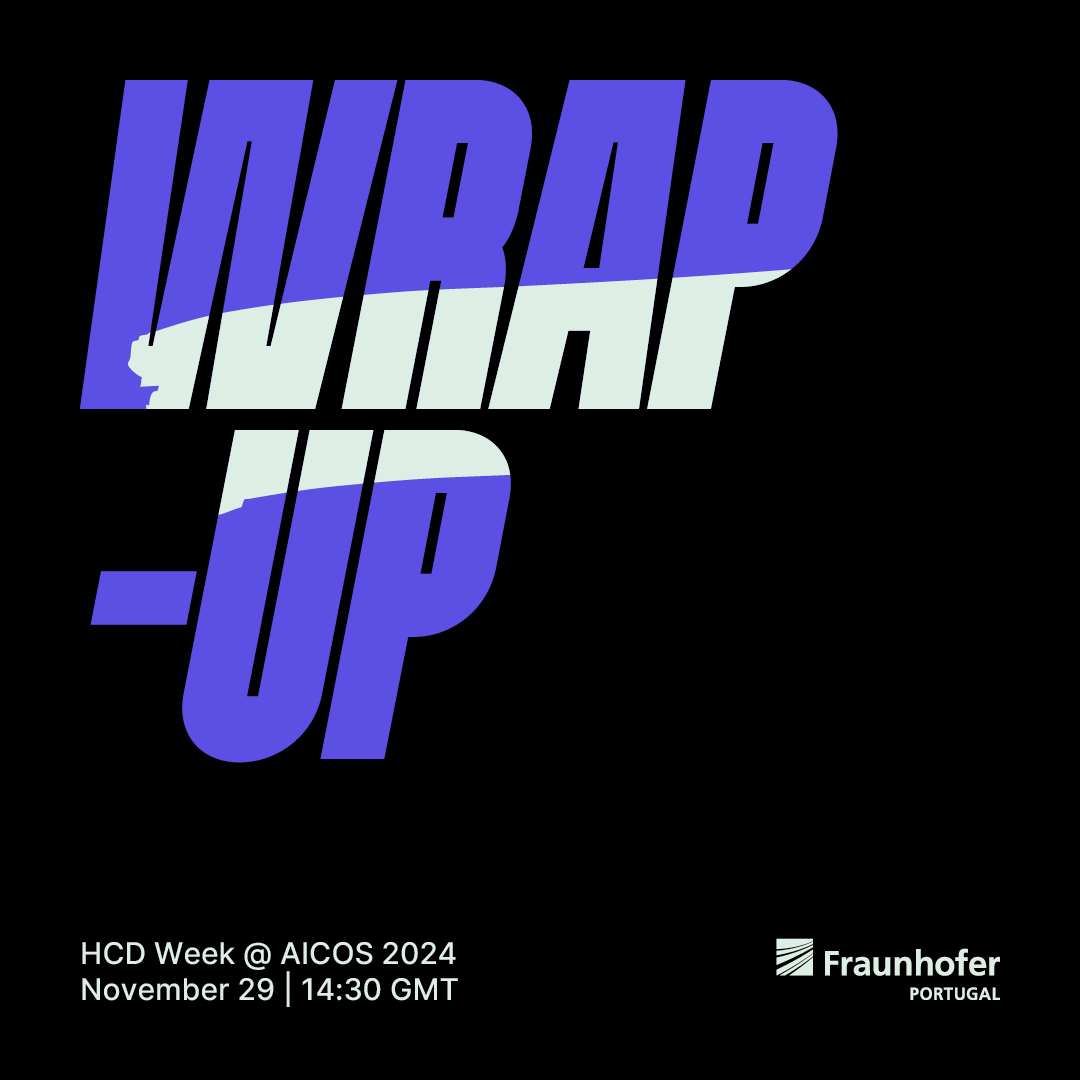
 With funding by the Portuguese Foundation for Science and Technology, within the CMU Portugal Exploratory Research Projects Program, grant agreement no. 2022.15724.CMU.
With funding by the Portuguese Foundation for Science and Technology, within the CMU Portugal Exploratory Research Projects Program, grant agreement no. 2022.15724.CMU.